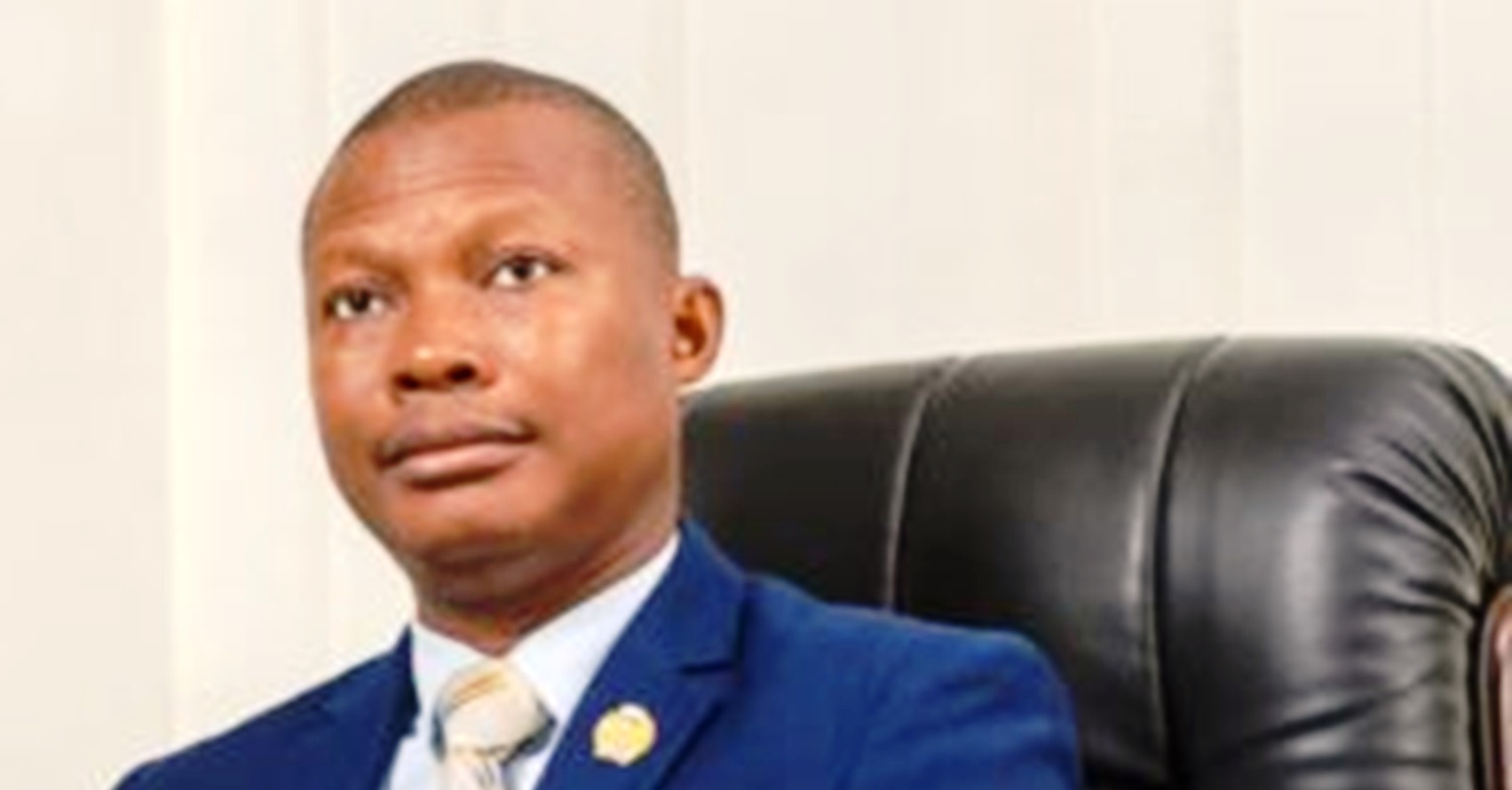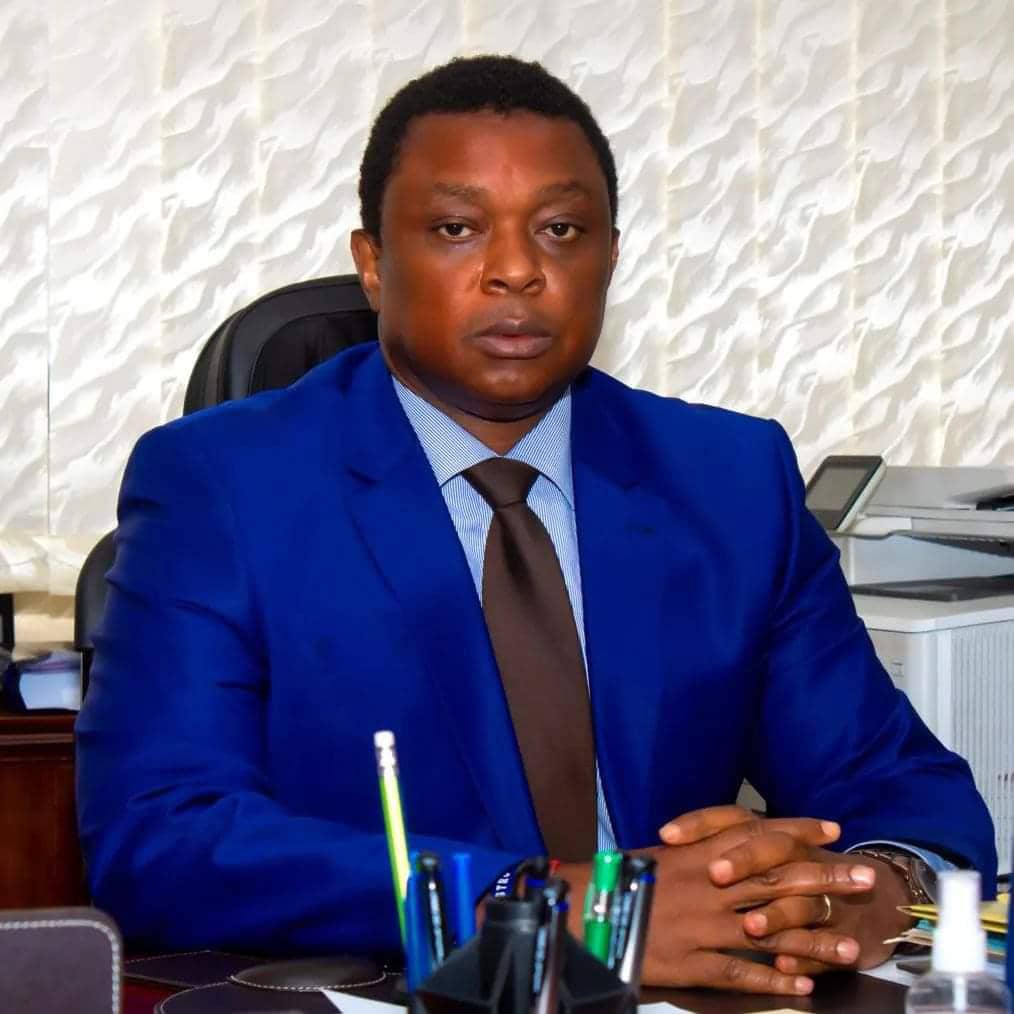The President’s much-hyped Feed Salone program does not feed the soul or the dreams of the youth. His Free Quality Education initiative does not reach the boys abandoned to the street or the girls hooked on alcohol at age 14.
Where is the national urgency for the youth? Why has the government remained disturbingly quiet while the future of Sierra Leone disintegrates into smoke and ethanol?
If kush is the bullet, then cheap alcohol is the poison. Small plastic sachets of high-proof spirits—often unregulated and dangerously adulterated—are now sold for as little as one Leone. Known as “monkey tail,” “one-shot,” or “ogogoro,” these drinks are marketed to and consumed by the youth in alarming quantities. They numb hunger, erase sorrow, and kill slowly—but efficiently.
Yet, no one seems to care. The government has failed to regulate or ban these products. Import licenses are handed out like candy, enforcement is non-existent, and the profits are fueling a dark, underground economy while bodies pile up in the morgues.
This is not just carelessness. This is criminal indifference.
Sierra Leone has one of the youngest populations in Africa, with more than 60 percent under the age of 25. This should be a national asset, a golden ticket to innovation and prosperity. But instead of nurturing this demographic dividend, the government has turned it into a demographic disaster. Young people graduate with degrees and diplomas only to join the ranks of the unemployed. Those without formal education are left to hustle, gamble, or perish.
The SLPP-led administration promised youth employment, entrepreneurship, innovation labs, and agricultural revolutions. What the youth got instead was unemployment, underemployment, and unending frustration. What they got was kush, cheap gin, and tear gas when they dared to protest.
This is not just a governance failure—it is a moral collapse.
Make no mistake—government silence is not neutrality. It is violence. It is complicit in every overdose, every rape committed under intoxication, every child dragged into the gutter of substance abuse. The police are more likely to beat up a youth for loitering than arrest a dealer or bootleg alcohol vendor. The politicians are more likely to hire drugged-up boys as political thugs during elections than to rehabilitate them.
When the state turns a blind eye to suffering, it ceases to be a guardian—it becomes an enabler.
While the youth rot away in ghettos and graveyards, those in power send their children abroad for education, treatment, and opportunity. Their sons and daughters will not taste kush or drink monkey tail. They won’t walk through Kroo Bay, Susan’s Bay, or Grafton, where hopelessness hangs like a fog. For them, Sierra Leone’s youth crisis is just another bullet point in a speech—not a lived reality.
This is the cruelest hypocrisy of all. Those who were elected to serve are watching the country’s youth burn—and instead of water, they bring fuel.
The government must be forced to act—and the time is now. We need an immediate national task force on drug and alcohol abuse among youth. We need real investments in rehabilitation centers, job creation, mental health care, and skills training. We need a national ban on unregulated alcohol sachets and a crackdown on the distribution of synthetic drugs. And above all, we need leadership that treats the youth not as liabilities or tools, but as the lifeblood of this nation.
Let every policymaker be reminded: the youth are watching. The streets are angry. The pain is rising. And when a government abandons its future, it ultimately loses its own legitimacy.
The battle for Sierra Leone’s future will not be won in Parliament or at international conferences—it will be won in the slums, schools, and street corners where our youth live and die. If the current government cannot rise to that challenge, then it must step aside for those who will. Because when a nation sacrifices its youth at the altar of neglect and greed, it doesn’t just lose a generation—it loses its soul.
And that, Sierra Leone cannot afford.










